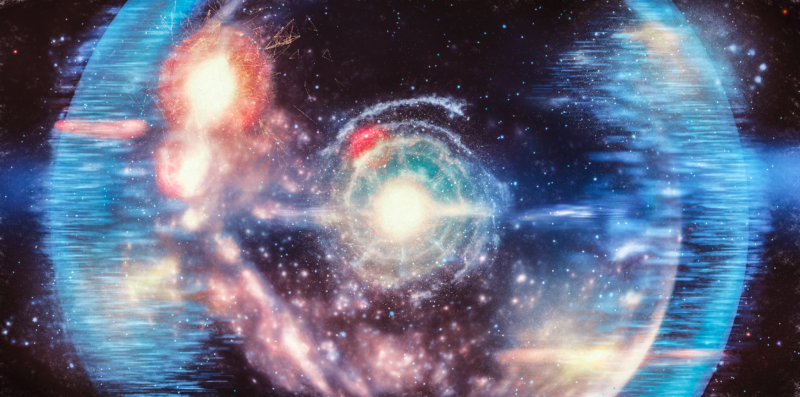Can we craft a theory in which space and time aren’t assumed to exist?

Enlarge / Thank you, Getty Images, for this "abstract big bang conceptual image." (credit: gremlin / Getty Images)
Over the past decade, a field of physics has developed that postulates the existence of mysterious algebraic entities called spin networks. These networks-proposed as the constituent stuff of space and time-condensed to produce the Universe as we know it. That condensation resulted in the event that we currently call the Big Bang, giving the field its name: condensate cosmology.
It may sound like an odd idea, but we already know that the Universe works in very strange ways.
The idea, technically termed "Group Field Theory (GFT) condensate cosmology," is a branch of quantum gravity, a field of physics that aims to establish the fundamentals of what everything from light and matter to space and time is made of. It is an idea based completely in theoretical calculations-and it's totally untested for now. Condensate cosmology requires a great deal of abstract reasoning to even try to understand it.
Read 30 remaining paragraphs | Comments